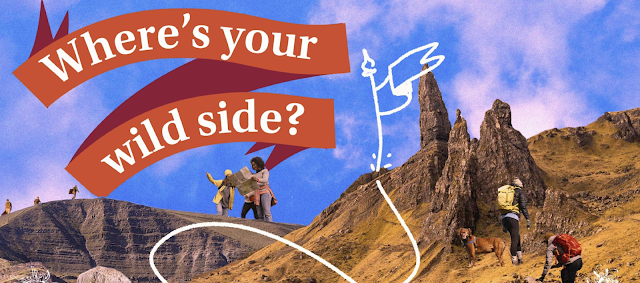GCSE Natural History Supporters are shown here, taken from the original list.
An image is also shown below. This is taken from the OCR Hub.
This list may well change as time passes and the specification goes through development with additional organisations being added to the list as they get involved. One would expect some to get involved in the creation of learning resources, whether through their own Education team or by sponsoring the creation of branded material.
Some of this work may go out to tender and be available for teachers and other organisations to get involved with.
This image is taken from the OCR Hub and the original documentation that was released when the specification was given the approval.
Since then of course, we have cycled through quite a few more Education Secretaries and there has been additional pressure placed on the UK's natural resources.
These are the organisations that could see some benefit of being involved in the new qualification, and who will perhaps be involved in supporting its development in various ways, or think that there would be advantages to young people gaining the knowledge and skills that the new qualification could potentially provide for young people. This could mean a pool of people to draw from to recruit for their future work, and also be advocates for the causes they are leading on.
Representatives have also provided some thoughts in essays here.
They include the
Linnean Society - an organisation I will blog about separately - along with many of the names on the list - and also one of the Geographical Association's Strategic Partners: the
Field Studies Council.
Some other key names on the list are shown below.
Each of these will be returned to in separate posts.
Ocean Conservation Trust - includes some serious work on seagrass meadows which are an important habitat and carbon sink - students are likely to explore the oceans as well as the land
Natural History Museum - there will be a separate post on this location - a perfect field visit for those who can get there
Eden Project - another excellent place to visit, but very remote from most locations in the UK
This is a useful website which has some detailed biodiversity data for the UK.
BBC - clearly a large collection of resources.
A useful person to follow.
A splendid place to visit.















